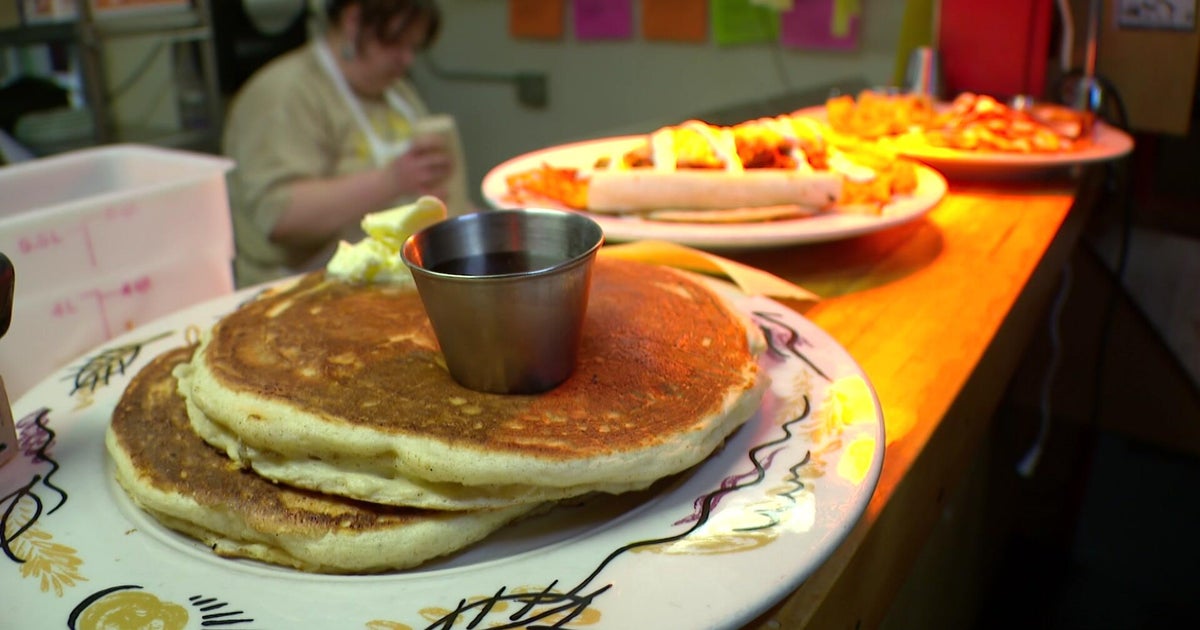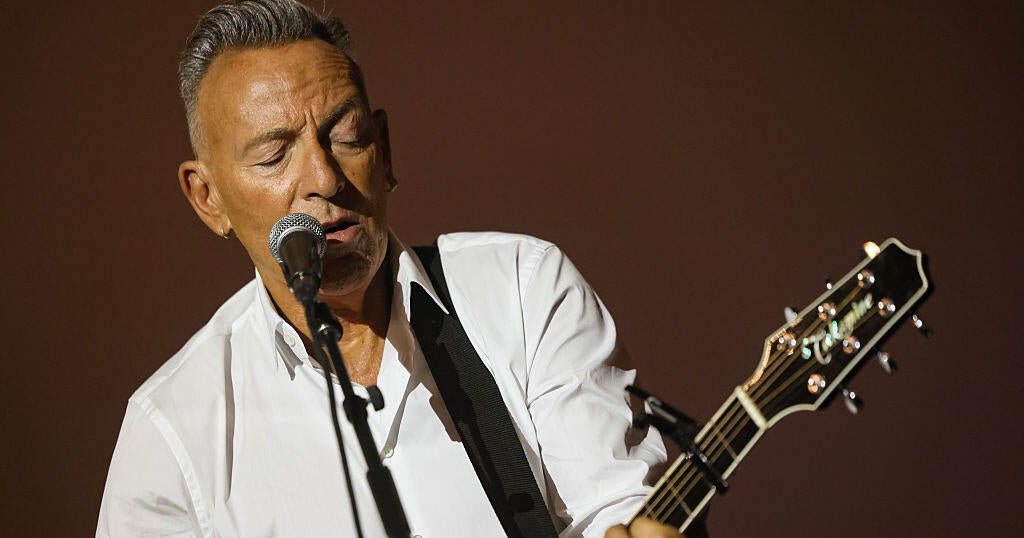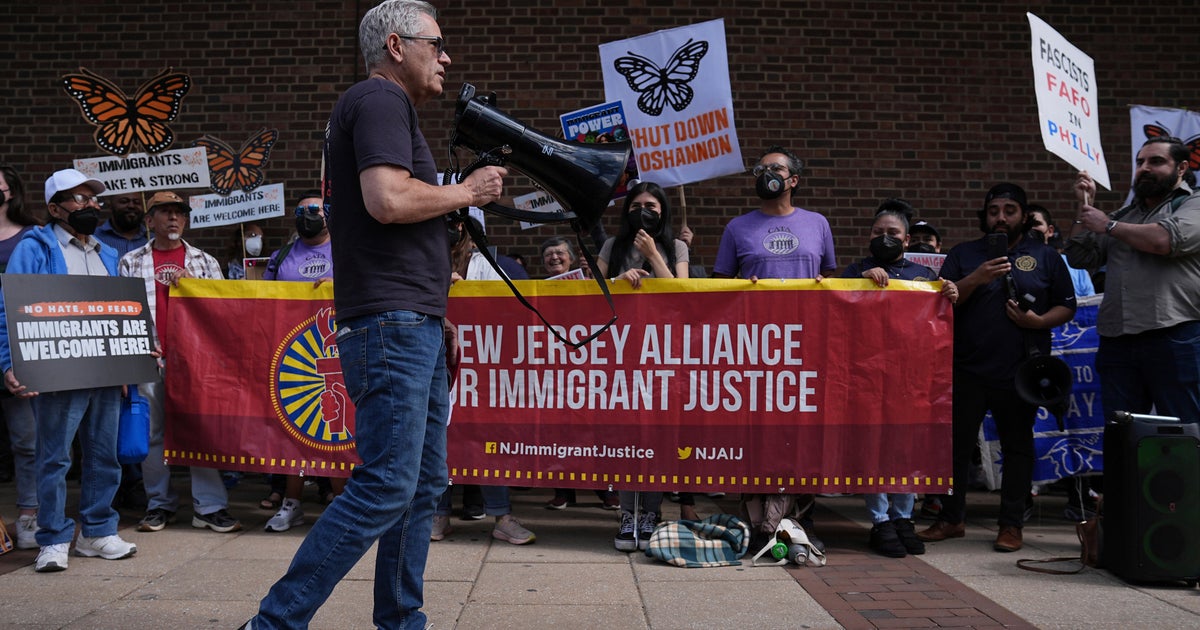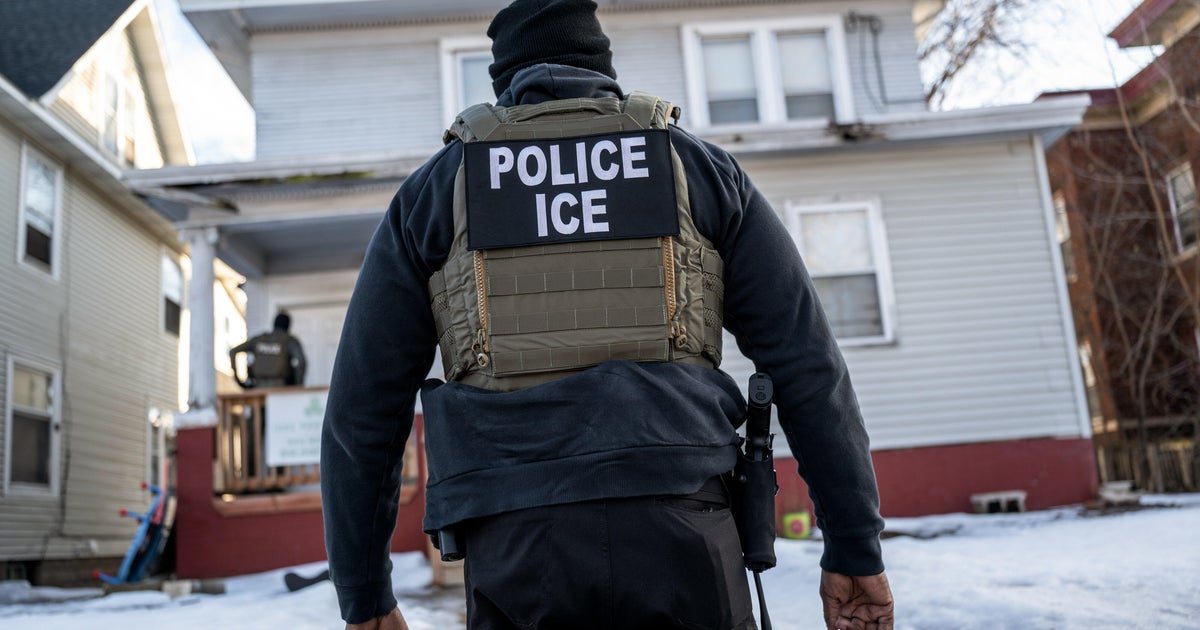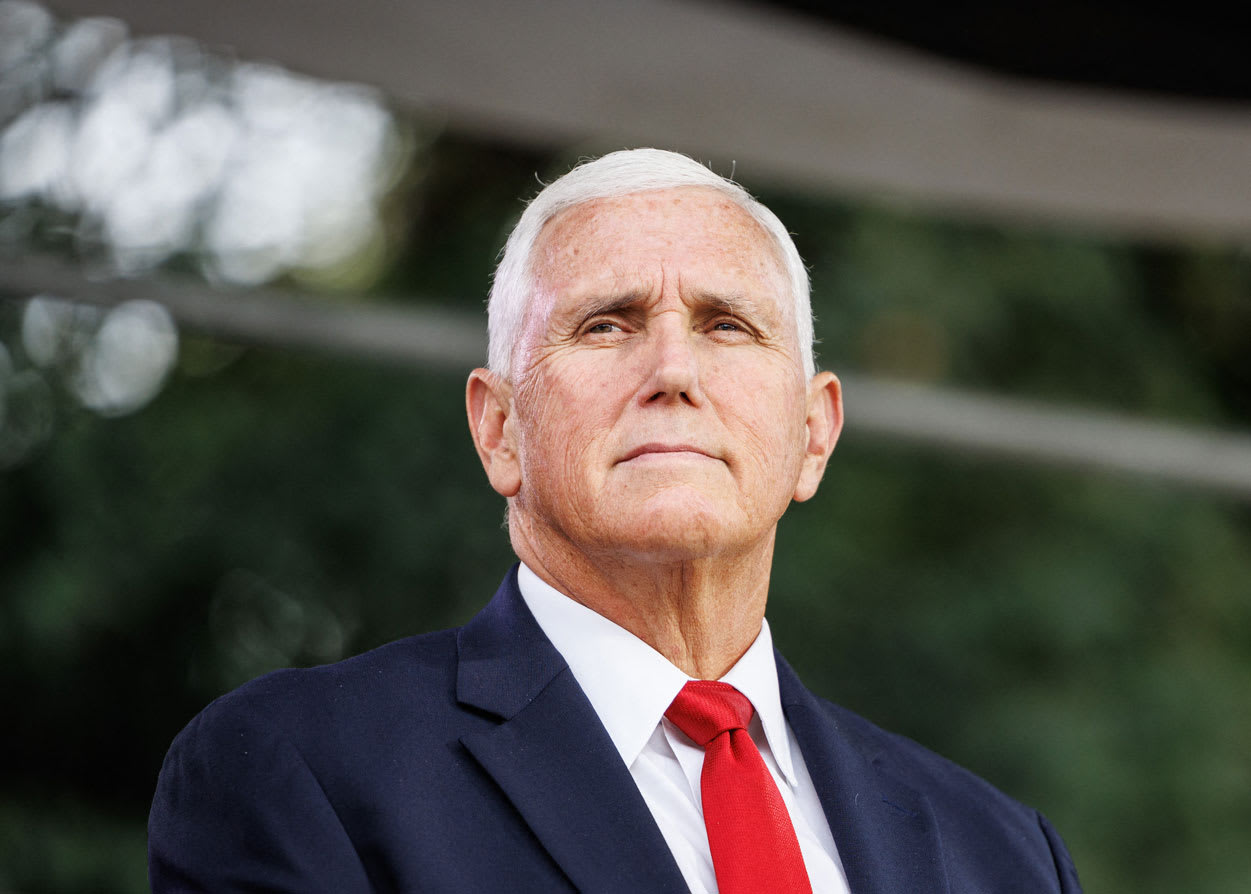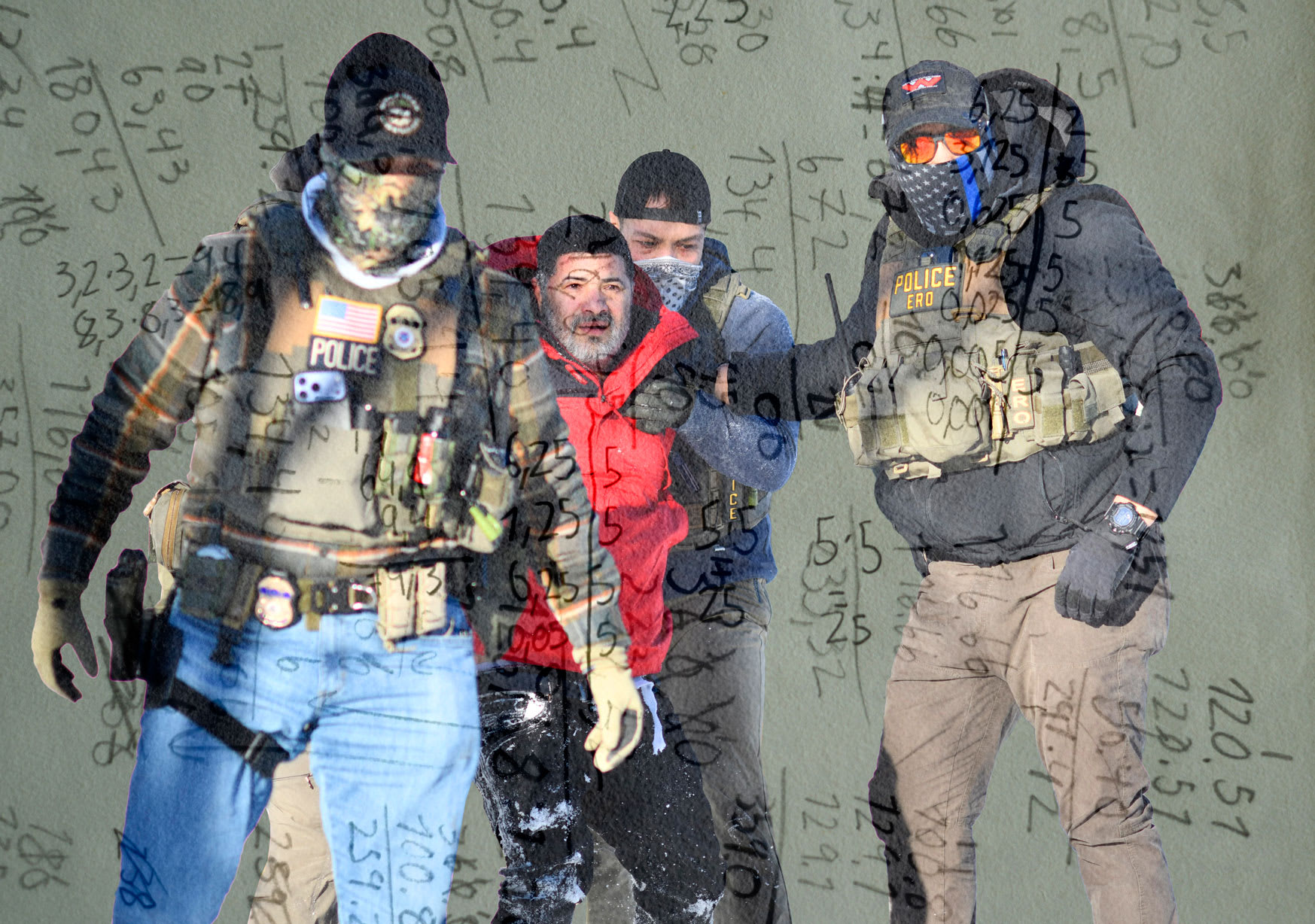In Minneapolis, a vibrant neighborhood now looted, burned and heartbroken
A restaurant owner watched as Minnesota protestors set fire to his business in the Longfellow neighborhood of Minneapolis last week — and insisted the scene didn't bother him one bit. Instead, Ruhel Islam saw flames consume his establishment and said via social media "let my building burn, justice needs to be served, put those officers in jail."
That response is in sharp contrast to Minneapolis firefighter and business owner Korboi Balla, who said opening his establishment, Scores Sports Bar, was a dream that turned to heartbreak after a long night of looting and arson.
"I was doing my shift at the fire station this morning when I got the call that the entire building had been burned down last night," Balla wrote Friday on a GoFundMe page created to rebuild his business. "My heart was heavy, and I had to leave work because the emotional toll was too substantial. I went to Scores yesterday and all I could do was cry."
The trail of property damage at places like Scores and Islam's Gandhi Mahal restaurant couldn't have happened at a worse time, according to local business leaders. Stores were already suffering heavy losses from coronavirus-related closures, and now they say it will take even longer for the area to recover.
"People are devastated by the violence, and now it's compounded with the loss of their livelihood," Peter Frosch, CEO of the Greater Minneapolis-Saint Paul Regional Economic Development Partnership, told CBS MoneyWatch. "The small business community is more than hurting."
Minnesota's largest city has experienced a week of civil unrest as residents protest the death of George Floyd, a black man who was captured on video saying he couldn't breathe while being held down last Monday by police officer Derek Chauvin's knee.
Protesters in Minneapolis have since then scorched a police precinct and destroyed an estimated 250 businesses across the Twin Cities, including a barber shop, an Aldi grocery store, a pharmacy, a jewelry store, a daycare center, a dentist's office and a clothing store.
"Total chaos, total chaos," dentist Ali Barbarawi told CBS News while surveying the damage at his private practice near Lake Street. "It's not going to help anything."
More than 30 U.S. cities have seen their own waves of protests, with violence and property damage reported in Atlanta, Boston, Chicago, Dallas, Denver, New York and Tampa, Florida, in addition to Minneapolis. Federal and local authorities said they believe white supremacists and far-left radical organizations are behind much of the mayhem.
Chauvin was arrested Friday and charged with third-degree murder, but that was days too late, one local leader said.
"Had that officer been arrested earlier, I believe some of this would have been avoided," Minnesota Black Chamber of Commerce CEO Karl O. Benson said.
Picking up the charred pieces
Much of the looting and burning happened Thursday along Lake Street, a six-mile business corridor that's a 10-minute drive from downtown Minneapolis.
Lake Street is a bustling, creative and diverse business corridor, Frosch said. It's "a beautiful stretch" of street that's busy during lunchtime and has boutiques, grocery stores, and other retailers owned by people of color, added Jonathan Weinhagen, president and CEO of the Minneapolis Regional Chamber of Chamber.
Looters also damaged big-name national retailers, such as AutoZone and Target stores on Lake Street, as well as much of Northtown Mall about 30 minutes north of downtown Minneapolis. The properties have temporarily closed.
Locals describe Lake Street as its own micro-community where residents who live nearby often work at local businesses. Those employees now must figure how they're going to pay rent and buy food while neighborhood businesses and nonprofit organizations work to rebuild.
Meanwhile, owners are left picking up the pieces of their former stores. Private donors have created a community fund to help Lake Street businesses recover. Scores owner Balla has seen his own GoFundMe campaign raise more than $900,000 as of Sunday.
The city's chamber of commerce hasn't determined property losses linked to looting during the protests, with officials noting that it could take some businesses six months to reopen depending on their insurance coverage, Weinhagen said.
"As we head into this rebuilding of Lake Street and University Avenue, that's going to be time where people aren't working," he explained. "That's going to cause massive hardships to the business community and to the community as a whole."
The final straw
This week's protests go beyond Floyd's death and reflect decades of economic exclusion of African-Americans and other marginalized groups across the Minneapolis region, business leaders said. The poverty rate among African-Americans in Minneapolis is roughly 25%, even higher than the average for blacks nationwide of 22.5%, according to Census data. For the U.S. overall, roughly 12% of Americans live below the poverty line.
Whites are overrepresented among Minneapolis' business community: 63% of the city population is white yet 80% of the businesses are white-owned. Minorities own roughly 20% of Minneapolis businesses, well below the 29% national benchmark.
Lake Street evolved as Minneapolis' major business corridor in 1927 when Sears Roebuck opened a 16-story complex. The neighborhood flourished for decades until 1994, when Sears abandoned its complex and Minnesotans began moving to the suburbs.
Businesses closed one by one on Lake Street until around the early 2000s, when a wave of Hispanic and East African entrepreneurs migrated to south Minneapolis and opened businesses.
About 100 minority business owners set up shop on Lake Street roughly 20 years ago, which led to the area's eventual resurgence, according to author Iric Nathanson, who recently published a history of Lake Street.
Many Lake Street businesses temporarily closed under state orders to stem the coronavirus pandemic but were planning to reopen this week, Minnesota Black Chamber's Benson said. But the chaos will set the area back.
"This is a community that has been working hard for decades to lift itself up, just to see some glimmers of hope met with everything ranging from their stores being looted or burned," Weinhagen said.
